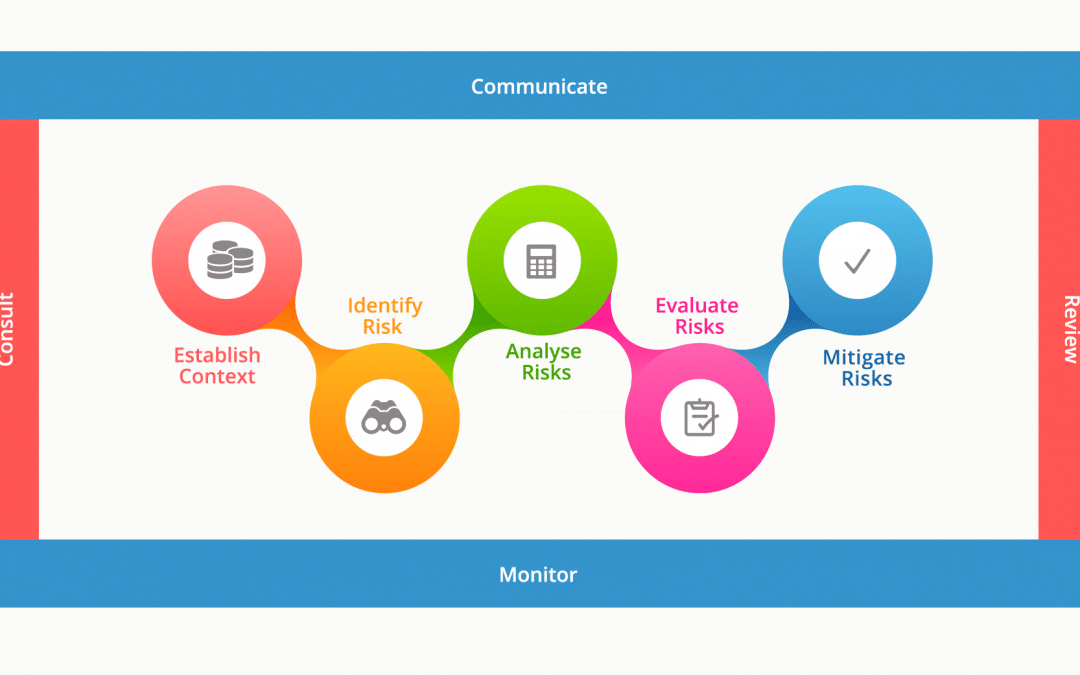In the face of corporate scandals such as the Steinhoff accounting irregularities, Tiger Brands’ listeriosis crisis and Enron just to name a few, it has become clear that big corporation’s modus operandi of shareholder supremacy is potentially having dire effects on public sentiment. In a world where shareholders rule, directors manage organisations for the purpose of maximising shareholders’ benefit to the full extent. According to Warren Green, a Governance, Risk and Compliance expert at CURA Software Solutions, there needs to be a shift in corporate ideology from shareholder supremacy to stakeholder supremacy – a shift that reimagines the purpose of the organisation in society and what these organisations owe, not only to their employees, but to the consumers and communities within which they operate – the people who create the firm’s value in the first place.
Green states that shareholder supremacy positions shareholders as the organisation’s only subject, which means shareholders’ interests always take priority over other constituents’ benefits, unless, of course, corporate social responsibility is in the director’s best interests. “I believe that corporations should have a social commitment as well as a profit-making function. Truly successful values-based leadership is not limited to a single person; in fact, what is required is an organisation with empathetic leaders. If companies continue to exclude other stakeholders from their decision-making processes on an executive level, they will ultimately risk falling from grace at some stage.”
While consumers and the general community take a back seat to shareholder supremacy, it also may create disadvantages for the organisations themselves. For instance, corporate decisions and strategy may transition into reaching short-term goals, which may result in hasty decision-making and decisions characterised by short-term incentives and bonuses to meet certain targets, as seen with Steinhoff.
Green concludes that it is high time for business leaders to move away from their target of short-term shareholder gain and look towards long-term organisational sustainability. “Stakeholders will no longer invest in corporations which are out of touch with societal needs, and disregard the cost of externalities, social compliance and its responsibility for any negative impact on society. Companies need to realise that they cannot endear themselves to the public when in single-minded pursuit of maximising shareholder wealth.”


